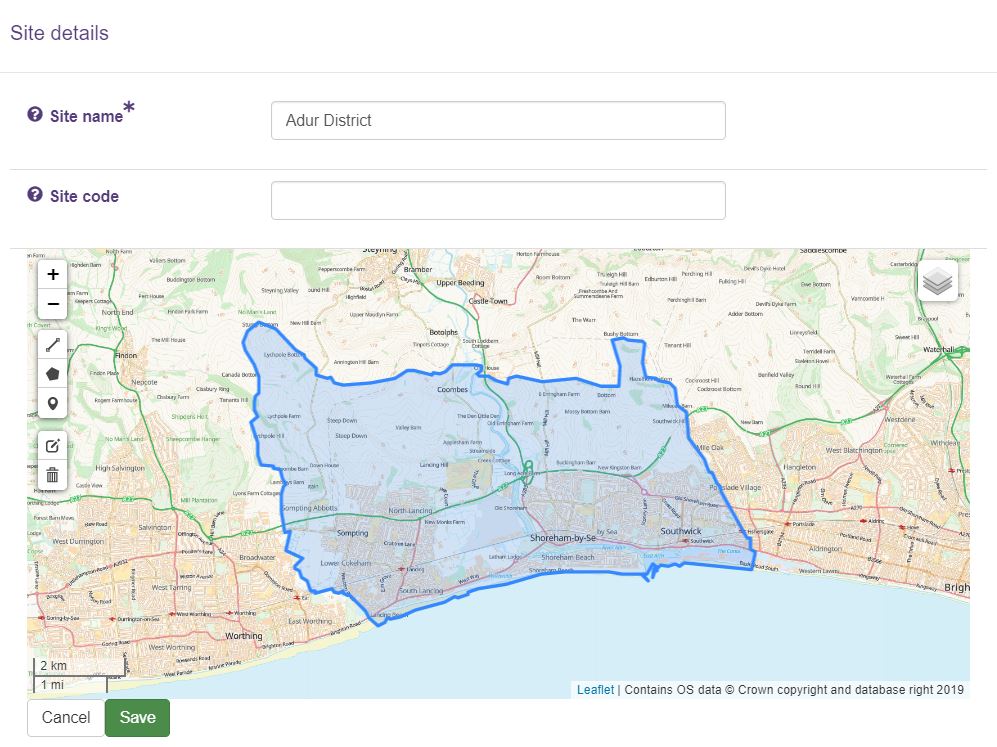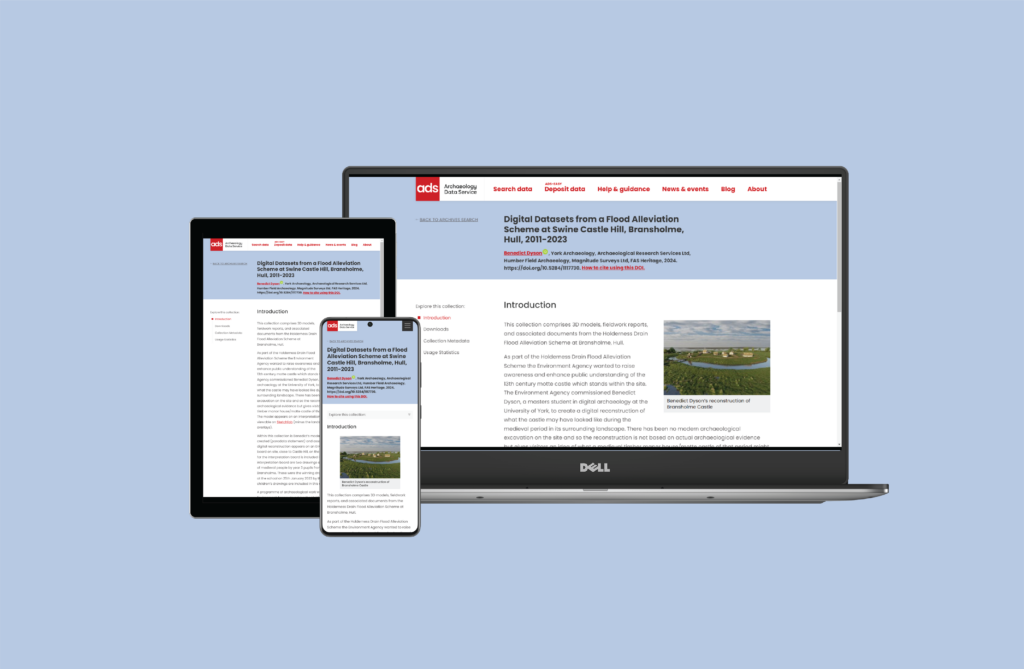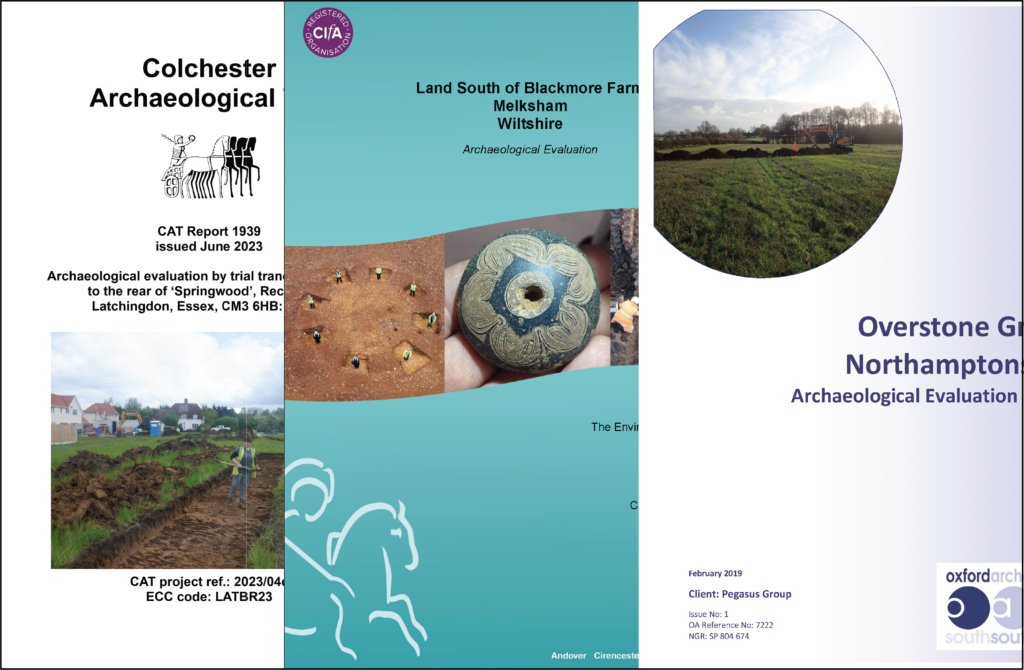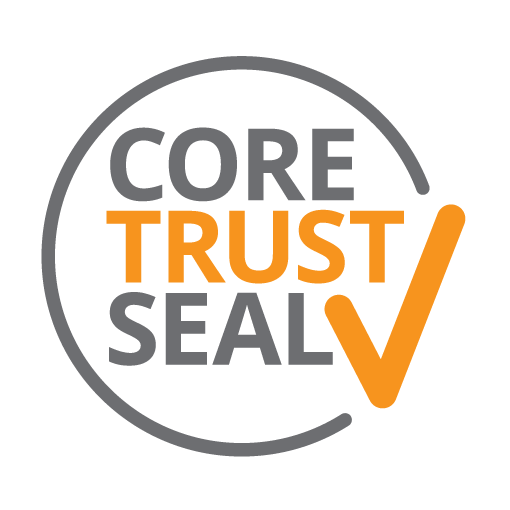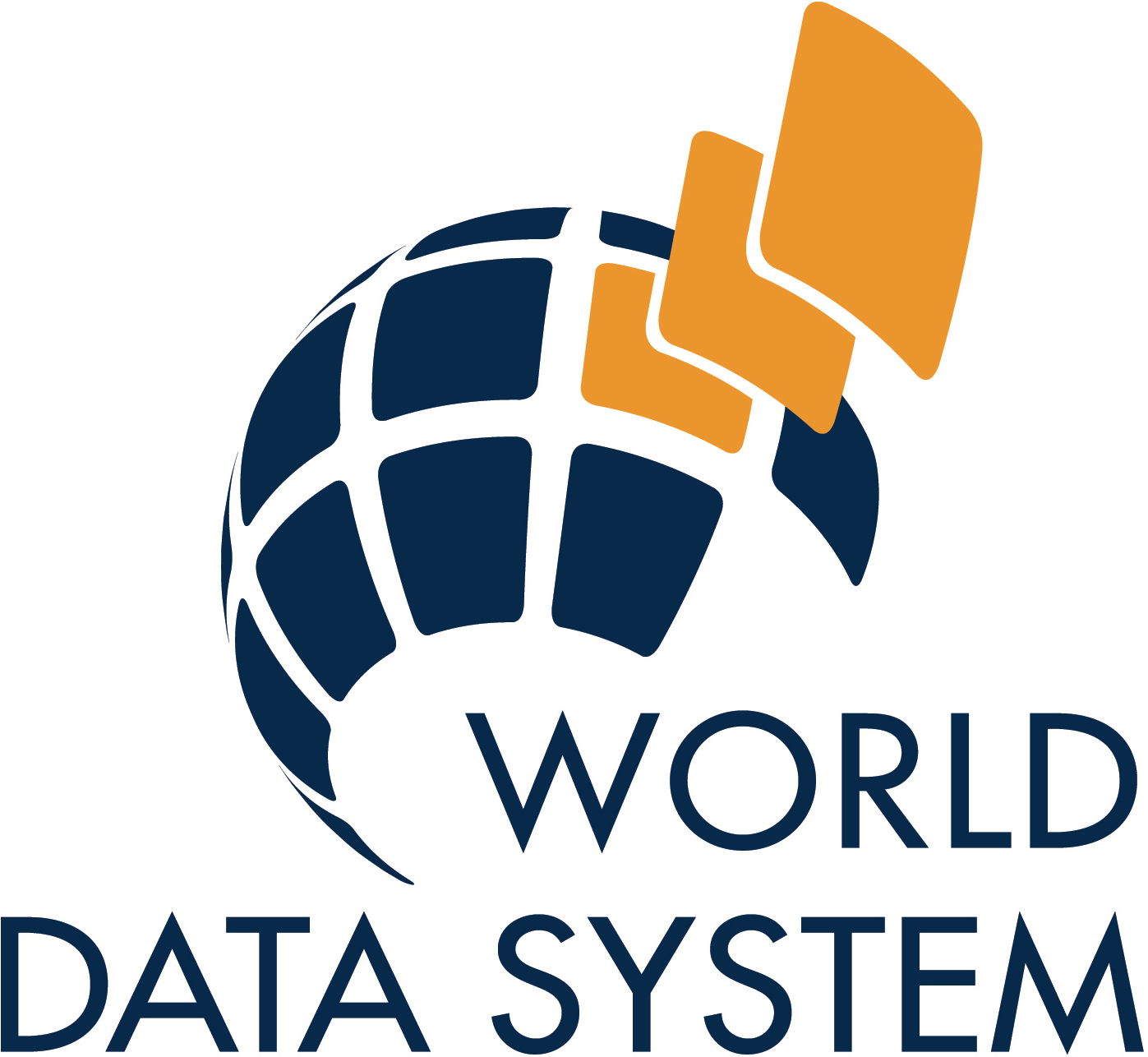The strength of the ADS has always been the people who work here. As a team, we accomplish a lot. Out of the existing cohort of 13 staff, eight are female. Individually, and as a group, these women bring an array of knowledge, skills, and commitment without which we would be diminished. To coincide with International Women’s Day 2020, and in mind of its mission “To celebrate digital advancement and champion the women forging innovation through technology“, it is an opportune moment to celebrate our female staff. Even those who think they know the ADS, should read on to discover the vast array of expertise at hand (listed in alphabetical order)…
Olivia Foster MA (Trainee Digital Archivist)
Olivia joined in Spring 2019 as one of our first ever trainee digital archivists, and after completing a Master’s degree in the archaeology of Egypt and the Near East. Her research focused on applications of GIS and cost surface modelling to investigate mobility, inter-connectivity and overland trade in Predynastic Egypt. With a background in GIS and computing she’s quickly put the ‘trainee’ firmly in the shade as she has gained proficiency in working with the various ADS workflows that have taken others years to master (or not, in the case of this author). With Teagan, she’s brought a new impetus to a number of facets of work such as ADS-easy and OASIS, and her speed and eye for detail are second-to-none. She’s recently been working with Holly on developing guidance for archiving data-sets in Heritage Science as part of E-RIHS/UK RIHS. She’s also expanding the range of her technical portfolio with Javascript and JQuery.
Jo Gilham MSc (Applications Developer)
Jo is a full stack developer, a software engineer who works with both the front and back ends of a website or application, she can tackle projects that involve databases, building user-facing websites, and Jo works with our clients during the planning phase of projects. Among many projects, she built the original OASIS application, the original ADS Collections Management System, and is currently completing the brand new OASIS system which incorporates our first foray into PostgreSQL (with PostGIS) and Leaflet. The work put into OASIS cannot be overstated; as a key part of Historic England and Historic Environment Scotland‘s information/data strategies, OASIS represents (in terms of users) the biggest data gathering ICT application in UK archaeology.
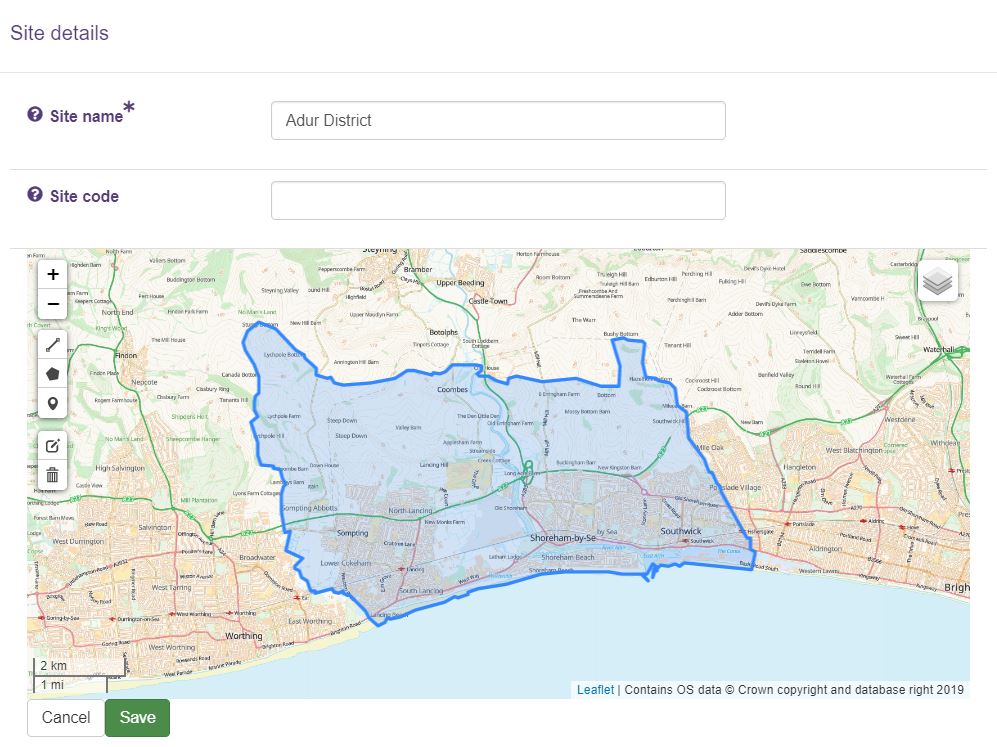
Dr Katie Green, MCIfA (Collections Development Manager)
Katie is primarily responsible for negotiating new deposits and agreements; if you consider that last year alone we released 153 collections (in addition to ADS-easy, OASIS, and Library projects), you’ll appreciate the amount of work this entails, and with over 60 collections already released since January, thanks to Katie’s hard work with depositors and policy makers, we are likely to significantly surpass that figure this year. In addition, beneath this lies an expertise in a huge range of areas. Just recently she has been responsible for:
- Managing the only large-scale file migration in ADS history http://doi.org/10.3390/ijgi5040044.
- Researching and implementing the ADS response to GDPR.
- Negotiating partnerships with Local Authorities, Museums and Funding Councils for deposition with the ADS, and embedding this in external policy and guidance.
- Creating and developing policy and procedure for Collections, including Selection and Retention and Sensitive Data, and a whole new costing methodology and quotation recording system.
- Moving ADS to formal Creative Commons licencing.
- Completely overhauling the ADS Annual Report.
- Liaising with key partners in digital and physical archives in UK heritage, and representing the ADS in key projects developing best practice in data management in the heritage sector.
- Creating CPD Courses for Heritage Professionals.
That’s a lot… Like most members of staff Katie is an experienced archaeologist, and has a PhD in rural Byzantine landscapes and societies and is an accredited member of CIfA.
Jenny O’Brien (Digital Archivist: Content Enhancement and Curatorial Lead)
Jenny joined us from the Historic England team excavating Silbury Hill, and was the driving force behind turning the digital material into a coherent and well-documented digital archive (https://doi.org/10.5284/1024570). Over the last few years she has frequently taken the lead on preservation-related issues, such as mapping our internal processes onto PREMIS, but also front-end presentation of resources such as the Staffordshire Hoard (https://doi.org/10.5284/1041576 ). Jenny, with her combined eye for design and knowledge of how to create structured + interoperable data-sets, is pushing the ADS forward in how we structure our approaches to preservation and access. As a senior archivist, she has a named lead role, with responsibility for reviewing and recommending how we approach our collections and object metadata, and how we can leverage this to expand on our traditional approach to resource delivery. She’s also the only member of staff to have mastered OpenLayers 3…
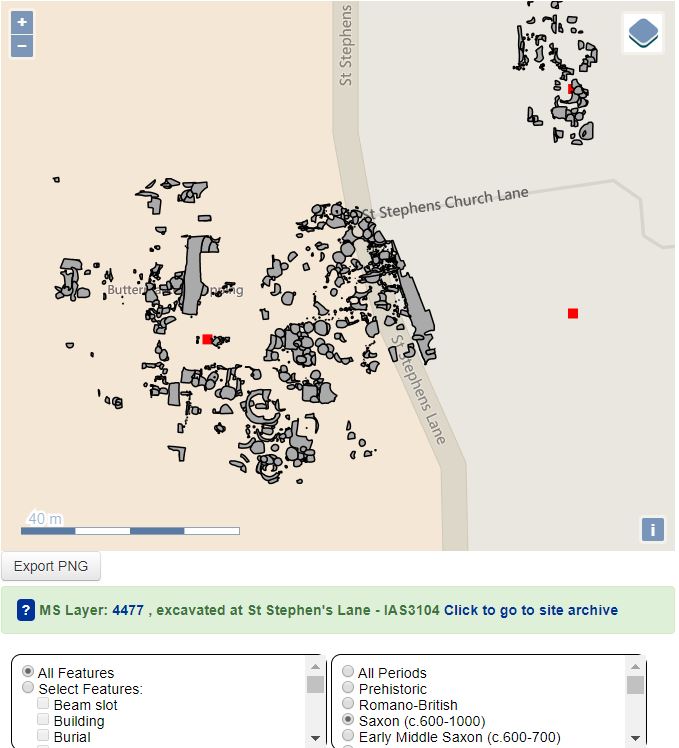
Donna Page (Administrator)
Unarguably the most important member of staff (sorry Julian!). Donna has to navigate not only the fine detail of our own University finance system, but also those of all our partners and clients, ensuring all is kept in good order. As we’ve been involved with multiple EU-funded projects, this has extended into an expertise of the complicated world of EU accounting and finance, and she has successfully navigated the impact of Brexit-induced fluctuation in exchange rates with admirable sang-froid. On this, and many other levels, the ADS just wouldn’t work without her.
Judith Winters MSc (Editor of Internet Archaeology)
Judith is the Editor of Internet Archaeology, the open access, peer-reviewed digital journal of archaeology. Judith has been with Internet Archaeology since 1998 and has been Editor since 1999. Alongside her editorial skills, she also designs the journal layout, and writes the majority of the IA code base. The job of Internet Archaeology Editor does not just involve an eye for detail, it also involves a wide-ranging knowledge of the wider issues and concerns that surround publication in the open access era, including but not limited to web accessibility, codes of conduct, data protection, REF, impact measurables, use metrics, citation policies, and persistent identifiers (DOI / ORCID). Most importantly, as an archaeologist with field experience in UK and Europe, Judith understands the pivotal relationship between publication and archive, and takes an innovative and engaging approach to publication and continually strives for its improvement.
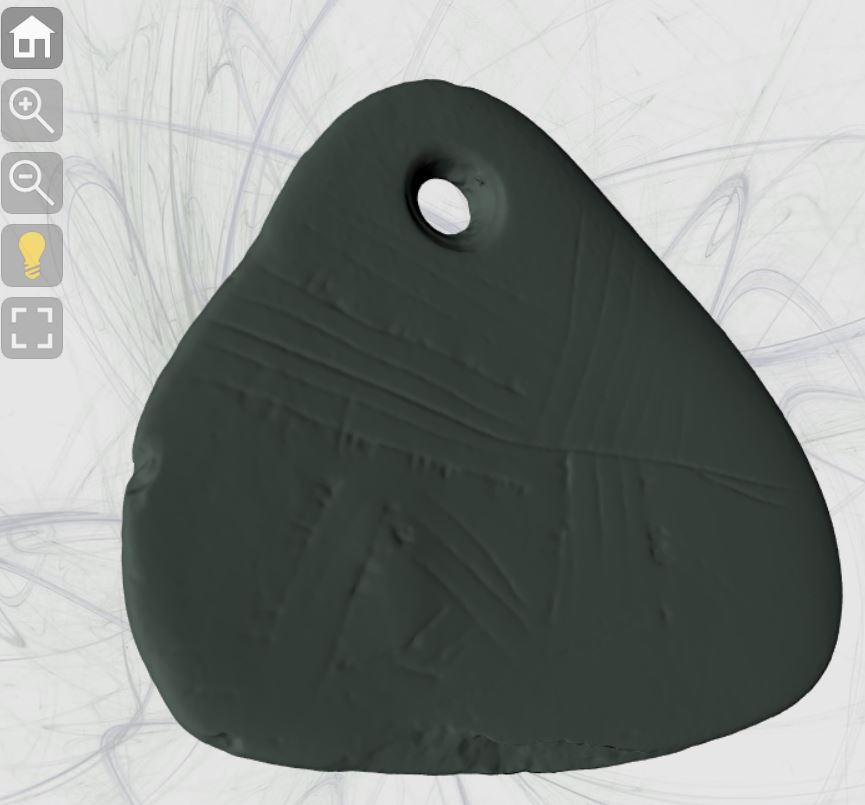
Dr Holly Wright (International Projects Manager)
Holly has been instrumental in developing and implementing large-scale collaborative ICT projects such as ArchAIDE (with Katie), SEADDA and ARIADNEplus. These have been important in building infrastructure that facilitate data sharing (and the relationships and technological approaches that sit behind these). Through her knowledge and enthusiasm Holly is critical to maintaining and developing the ethos of ‘working together’ to facilitate the re-use of data which is fundamental to what the ADS, and our international friends, are all about. The depth of detail that goes into writing the Work Package plans for these projects, and the subsequent Project reporting, is staggering as it involves straddling technical detail and archaeological aims, often under significant time pressure. Holly manages to combine a hectic workload, often overseas, with horizon scanning and developing projects through initiatives such as E-RIHS/UK RIHS. She’s also the author of the best explanation of the Semantic Web I’ve ever come across (the subject of her PhD). Thanks to Holly I have become aware of Minnesota Hockey Hair, and the concept of having what may be termed “spicy salad”.
Teagan Zoldoske MSc (Trainee Digital Archivist)
Teagan joined ADS in Spring 2019, and is another of the ADS trainee digital archivists. With a strong background in GIS from her time working and studying in her native USA (Teagan has a BSc in Civil Engineering and has worked extensively with GIS for both engineering and archaeology related projects) she has brought a strong technical skill set to the team. She’s been topping this up with developing her programming skills and SQL. Her SQL means that she is one of the go-to members of staff for quick and accurate statistical reports from our databases. Her positive attitude and ability has been instrumental in driving forward a number of facets, especially our Social Media. She’ll be representing the ADS in presenting papers on her work at the forthcoming conferences at CIFA (Bath) and CAA International (Oxford) this Spring.
An honorable mention must also be made of the trailblazers that set the foundations for much of our historic success, including:
- Frances Condron who was the research assistant who undertook the Digital Data User Needs Survey
- Kate Fernie who came on a secondment from English Heritage to support HEIRNET and led the PATOIS project.
- Georgie Field (Digital Archives Assistant): Georgie was the engine room of the CAD migration http://doi.org/10.3390/ijgi5040044, and via an MSc at Oxford is now an Associate Publisher at (PLOS)
- Sandra Garside-Neville was Internet Archaeology’s first assistant editor.
- Catherine Hardman (Deputy Director): responsible for establishing key partnerships with funding bodies, industry, and Local Authorities, and who oversaw the successful delivery of the current OASIS system. Catherine is now Research Development Manager at the University of York, before which she headed a team in the Parliamentary Archives, House of Lords.
- Louisa Matthews (Collections Development Manager): responsible for building relationships with Local Authority archaeologists, and for implementing the review and redesign of OASIS. Louisa is now studying for a PhD at Newcastle University on Iron Age Palaeoenvironments of Northwest Scotland
- Jen Mitcham (Digital Archivist): single handedly pushing the ADS forward on what it means to be a Digital Archive, including our successful application for the Data Seal of Approval. Jen is now Head of Good Practice and Standards at the Digital Preservation Coalition
- Emma Jane O’Riordan (Digital Archivist): who, with Judith, developed the LEAP exemplar for Silchester Insula IX https://doi.org/10.5284/1000259. Emma is now a Teaching Student (MSc Transformative Learning and Teaching)
- Maureen Poulton, founding Administrator for ADS and Internet Archaeology
- Leontien Talboom (Digital Archives Assistant): slayer of (digital) dinosaurs, and now doing an awesome PhD at National Archives + UCL
- Alicia Wise (our founding Collections Development Manager) who came to ADS fresh from a PhD in the United States and established many of the key relationships on which ADS has thrived. Alicia went on to work for Jisc and then became a high-powered Executive in Elsevier in 2010, leading their Universal Access team. She’s now a Director of Information Power, providing consultancy on Information Access.

